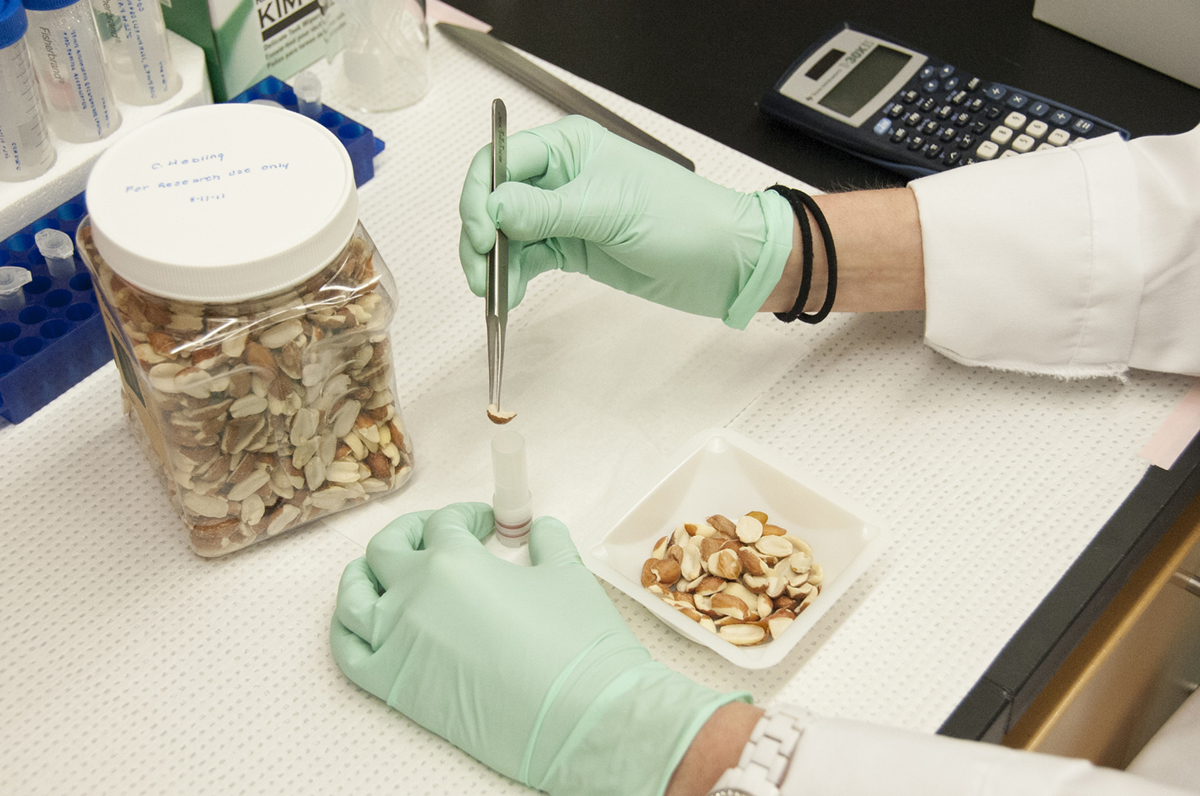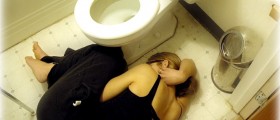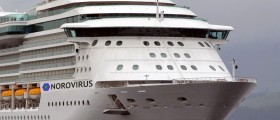
Loose stool or frequent bowel movements are usually known as diarrhea. Diarrhea shouldn’t be confused with bowel movements right after a meal, incomplete evacuation, rectal urgency, or stool incontinence.
The acute diarrhea is usually caused by some infection, food poisoning or medications. Any infection: bacterial, viral or parasitic origin might provoke diarrhea, but the most common of all is viral.
Causes of Acute Diarrhea
Viral GastroenteritisViral gastroenteritis is the viral infection of stomach and intestines. Patients experience nausea, vomiting, abdominal problems and diarrhea, and the symptoms last for 2 to 3 days. There is neither fever nor bloody stools.
Sometimes, this disorder might be epidemic. Contaminated food or infected individuals transfer the virus (usually Norovirus) to healthy people and the infection spreads causing the epidemic.
Bacterial EnterocolitisCampylobacter jejuni, EPEC (type of Escherichia coli), Shigella and Salmonella are the most common causes of bacterial enterocolitis. You might get infected by contaminated food or water, and the symptoms patients usually complain about, are fever and blood in the stool.
Clostridium difficile diarrhea might be caused by taking some antibiotic medications or can be picked up in hospital.
Another type of E. coli called O157 can provoke hemorrhagic enterocolitis, when bleeding follows diarrhea. This infection might lead to serious problems, especially in children and cause hemolytic uremic syndrome (HUS) and kidney failure.
ParasitesGiardia, Cyclospora, Cryptosporidium and amoebas are rarely the cause of acute diarrhea. They are usually transmitted by contaminated drinking water or fruits.
Traveler’s DiarrheaCertain types of bacteria Escherichia coli are known to cause problems in the intestines. Enterotoxigenic E. coli (ETEC) produces a toxin that causes enterocolitis and leads to traveler’s diarrhea. Some other bacteria or parasites, such as Giardia, Shigella and Campylobacter might also cause traveler’s diarrhea. It is called traveler’s diarrhea because usually the tourists get it. Food, especially fruits, vegetables, meat, seafood and water in Mexico and Africa is contaminated with ETEC and could cause diarrhea, nausea, vomiting and stomach cramps.
Food PoisoningSome bacteria release toxins into the food, and people get diarrhea when eating the food. The most common symptoms are abdominal spasms, vomiting and also diarrhea, but they don’t last for more than 24 hours. Symptoms might appear right after the meal or can be, in some cases, delayed and appear after couple of hours. Bacteria that are most likely to cause food poisoning are Clostridium perfrigens and Staphylococcus aureus.
Causes of Chronic Diarrhea Irritable bowel syndrome (IBS) The overgrowth of bacteria in the small intestines Infectious disease, such as Giardia lamblia infection (especially in AIDS patients) After an infection, regardless the cause.
















Your thoughts on this
Loading...